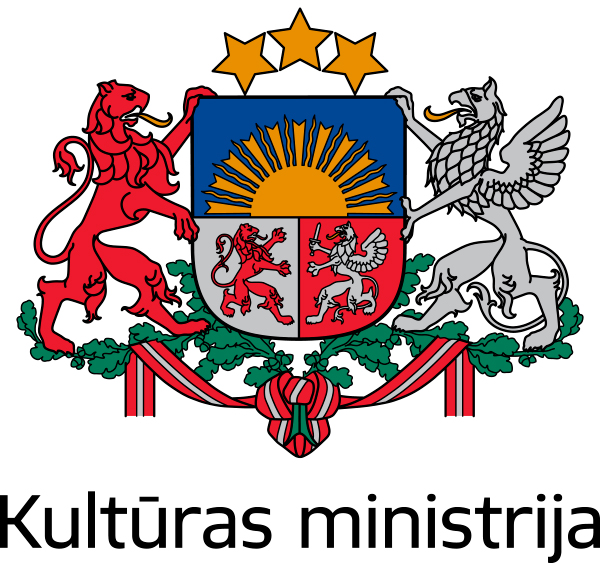The training course was completed this month by Group No. 17 consisting of 15 people from Afghanistan, Belarus, Tajikistan, Kazakhstan, Ukraine and Turkey. Lecturers point out that these persons under international protection were interested in various subjects. For example, about health care services available in Latvia - “If I have arrived to Latvia alone, can I register with a general practitioner?” and “Is health insurance provided for asylum seekers?”. Participants in the training asked questions about the use of public transportation: “Can I use a ticket bought in one town also in other towns?”, “Can I listen to music in public transportation?”, “How can I know how many journeys have I left in my e-ticket?”. Also, various questions about everyday life were also important: “Do I have to re-declare my address, if I change my place of residence?”, “Do I have to know the Latvian language, if I want to start a business in Latvia?”. Persons under international protection also wanted to learn about the national holidays in Latvia, national symbols and national types of sports.
To provide asylum seekers, refugees and persons with the alternative status with the knowledge useful for life in Latvia, lessons about how various systems operate in Latvia – labour market, education system, health care, housing market, support system for refugees, and others are taking place under the training programme on the social and economic inclusion implemented within the project “Support Activities for Persons Under International Protection” since 1 July 2016. In addition to training courses, the trainees are attending training visits during which they can personally learn about the opportunities of adult education and employment.
“The goal of the project “Support Activities for Persons Under International Protection” is to ensure courses and informative events for the needs of the persons under international protection promoting their inclusion in the Latvian society. The project is implemented by the society “Shelter “Safe House”” within the framework of the Asylum, Migration and Integration Fund. Its period of implementation: 1 July 2016 – 31 December 2017 The project is co-financed by the European Union. Grant Agreement No. PMIF/9/2016/1/03.



